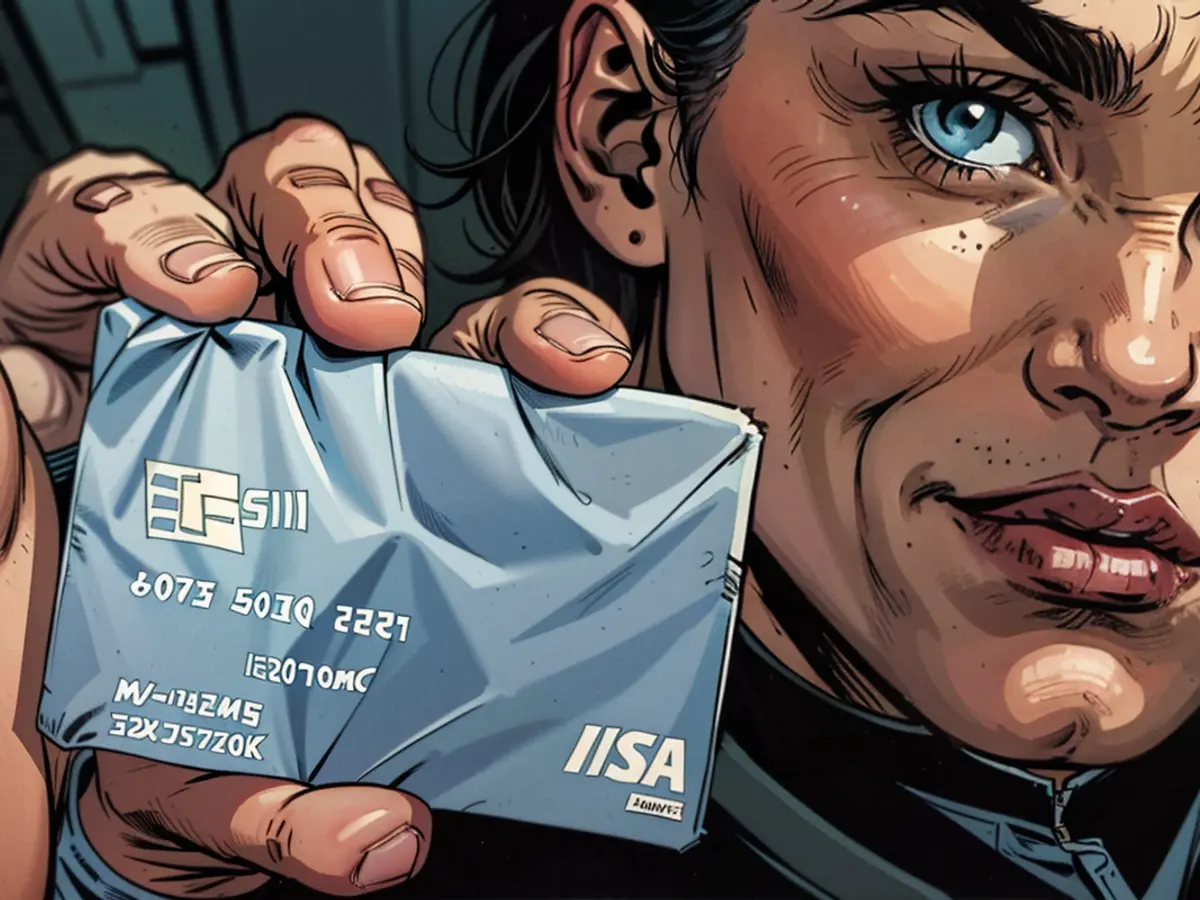Refugee policy - Welfare associations on payment card: 50 euros cash too little
Berlin Welfare Associations call for higher cash payments on planned refugee payment card. The allowed cash payment amount should not demotivate the affected and must enable participation, according to a press release from the Landesverbände of Arbeiterwohlfahrt, Caritas, Diakonie and Paritätischer Wohlfahrtsverband. At least a two-person household would need 184 Euro per person.
"Fifty Euro pocket money is disrespectful and excluding", said Diakonie-Chairwoman Andrea Asch in a press release. The Associations demand that the Berlin Senate ensure that the payment card adheres to the regulations of the Asylseekers Benefits Act.
Payment card is "an obstacle to integration with a statement"
Refugee families reportedly buy things on second-hand markets. "How is a young refugee family supposed to find a baby equipment and a necessary stroller for this amount? How is a teenager supposed to maintain social contacts with the 25 Euro a month allotted to him?", it was stated from Asch.
Experiences from Brandenburg showed that the monthly cash amount was not sufficient for necessary purchases and that card readers were not available where they were needed. "The payment card in this form is not a successful model yet", so Asch, but rather an "obstacle to integration with a statement", which would lead to "an excessive bureaucracy".
The payment card is supposed to prevent cash payments to brokers or families in home countries, relieve municipalities in administration and reduce the incentive for illegal migration. The Welfare Associations demand that the payment card only be a transitional solution until the establishment of a basic account.
- The welfare associations in Berlin, including AWO, Caritas, Diakonie, and Paritätischer Wohlfahrtsverband, have expressed concern about the proposed cash payment amount on the planned refugee payment card, fearing it could demotivate asylum seekers and hinder their participation in society.
- Diakonie-Chairwoman Andrea Asch strongly criticized the proposed 50 Euro pocket money, labeling it disrespectful and excluding, and urged the Berlin Senate to ensure that the payment card complies with the regulations of the Asylseekers Benefits Act.
- The potential integration challenges presented by the payment card were also highlighted by Asch, who mentioned the struggles of refugee families in obtaining baby equipment and necessary strollers with the limited funds and the lack of card readers in necessary locations.
- Experiences from Brandenburg suggested that the current monthly cash amount is insufficient for necessary purchases and that the payment card, although intended to prevent cash payments to brokers and reduce the incentive for illegal migration, can be an obstacle to integration and lead to excessive bureaucracy, making it only a transitional solution in the eyes of the welfare associations.








